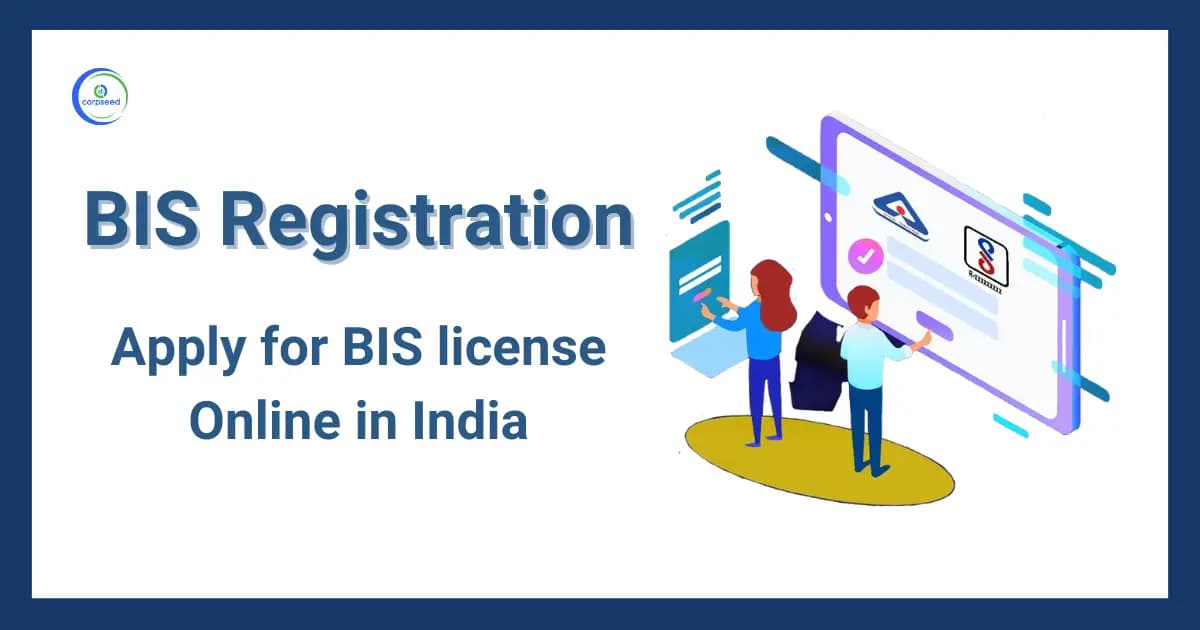
Loading...

Companies wishing to obtain BIS registration must submit their products for this inspection, and if they pass it, are granted a BIS certification mark.
About the Author

Parul Bohral, a BALLB graduate and experienced legal researcher and content writer with expertise in various legal areas, including corporate law and intellectual property. I have gained valuable experience in esteemed legal environments, where I have strengthened my research skills, allowing me to approach legal writing with precision and depth.
As a legal content writer, I am committed to delivering work that not only informs but also engages readers. By staying informed about the latest trends in content marketing and regulatory developments, I ensure that my writing remains sophisticated and meets industry standards. My dedication to thorough research enables me to craft content that is both insightful and impactful.
_Amendment_Order_2026_New_Compliance_Rules_Corpseed.webp&w=1536&q=75)
Furniture (Quality Control) Amendment Order, 2026: New Compliance Rules
2026-02-18

Download Appointment Letter Format in Word and PDF
2022-02-17 • 117331 views
Latest Articles
Recently published

Smell Trademark Registration in India: Can a Scent Be Legally Protected?
2026-02-27 • 0 views

CDSCO Releases New Guidelines for Compounding of Offences Under the Drugs and Cosmetics Act
2026-02-26 • 0 views

Delhi Legal Metrology (Enforcement) Amendment Rules, 2026
2026-02-24 • 0 views

What is the Government’s Motive behind ALMM?
2026-02-21 • 0 views

BIS Issues New Guidelines for Verification of Rated Capacity of Lithium Cells and Batteries
2026-02-21 • 16 views
Top News
Trending

Salary Slip Format In Excel, Word, PDF, PaySlip Format Online
2023-02-27
.png&w=1536&q=75)
Increment Letter Format - Salary Increment Letter With Salary Break Up Format In Word and PDF
2023-02-27

Latest Marriage Biodata Formats | Biodata Format for Marriage Download in Word and PDF
2023-02-27

New Form 15G in Word Format | Download Form 15G in Word and PDF Format
2023-02-27
.png&w=1536&q=75)
Job Offer Letter Format With Word And PDF Templates Download
2022-07-19
Latest News
Fresh updates

CDSCO to launch 1,500-Scientist Cadre to Speed up Drug Approvals
2026-02-26

CDSCO Eases Export NOC Mandate for SRA Countries to Boost Pharma Exports
2026-02-25
.webp&w=1536&q=75)
Goa Launches Green MSME Index to Boost Sustainable Industrial Growth
2026-02-25

India named 'Country of the Year' for BIOFACH 2026
2026-02-12

FSSAI Extends Compliance Timeline for Meat Sausage Standards
2026-02-12